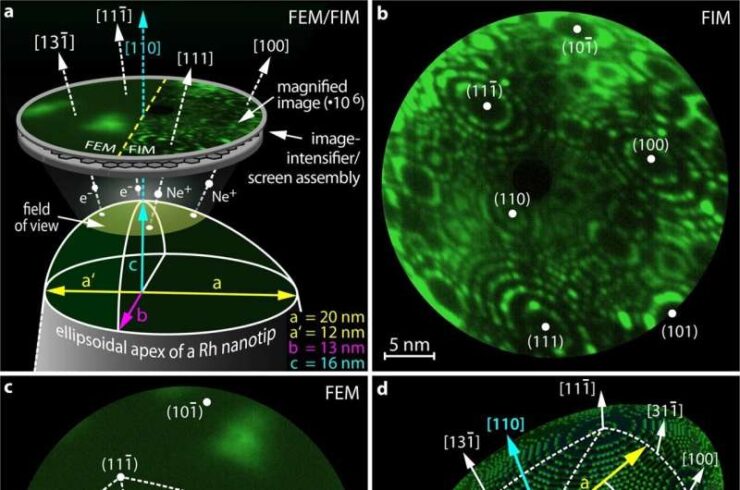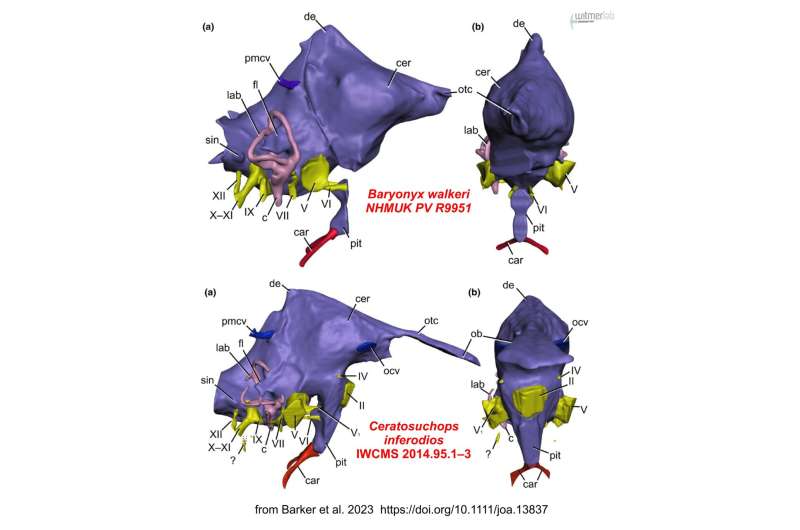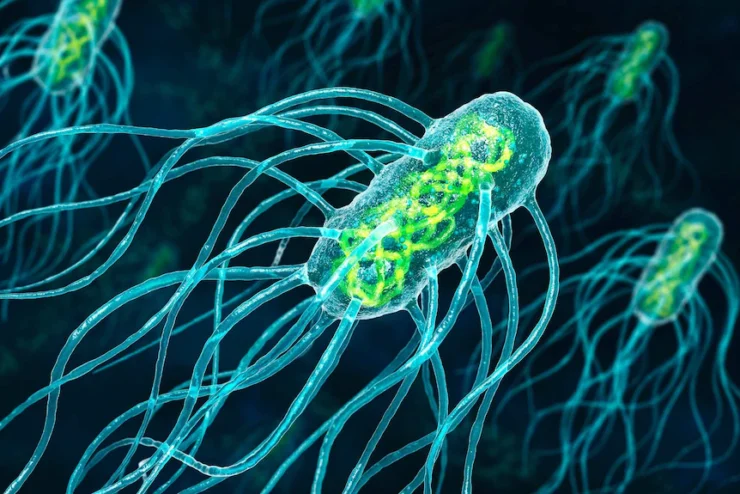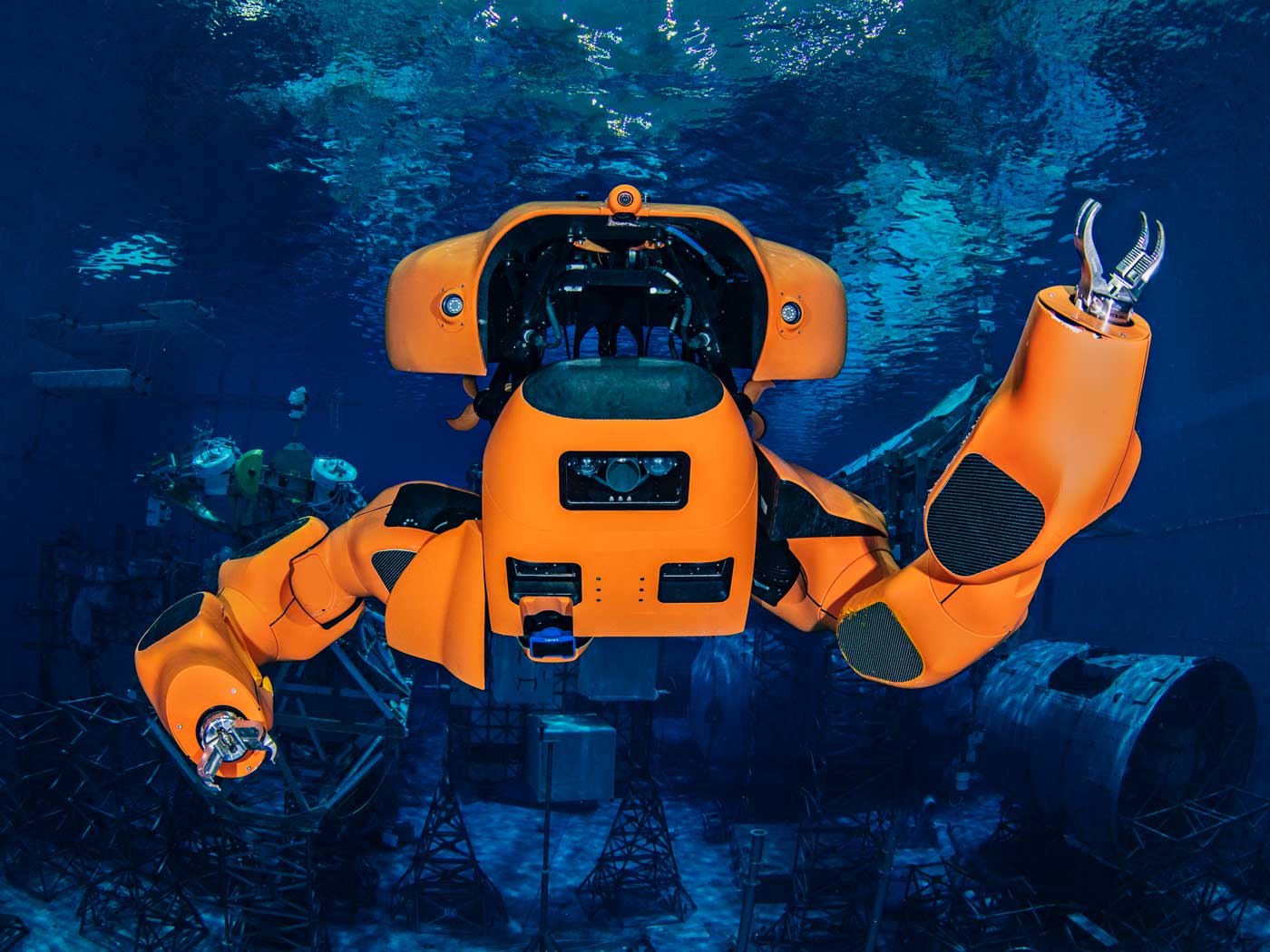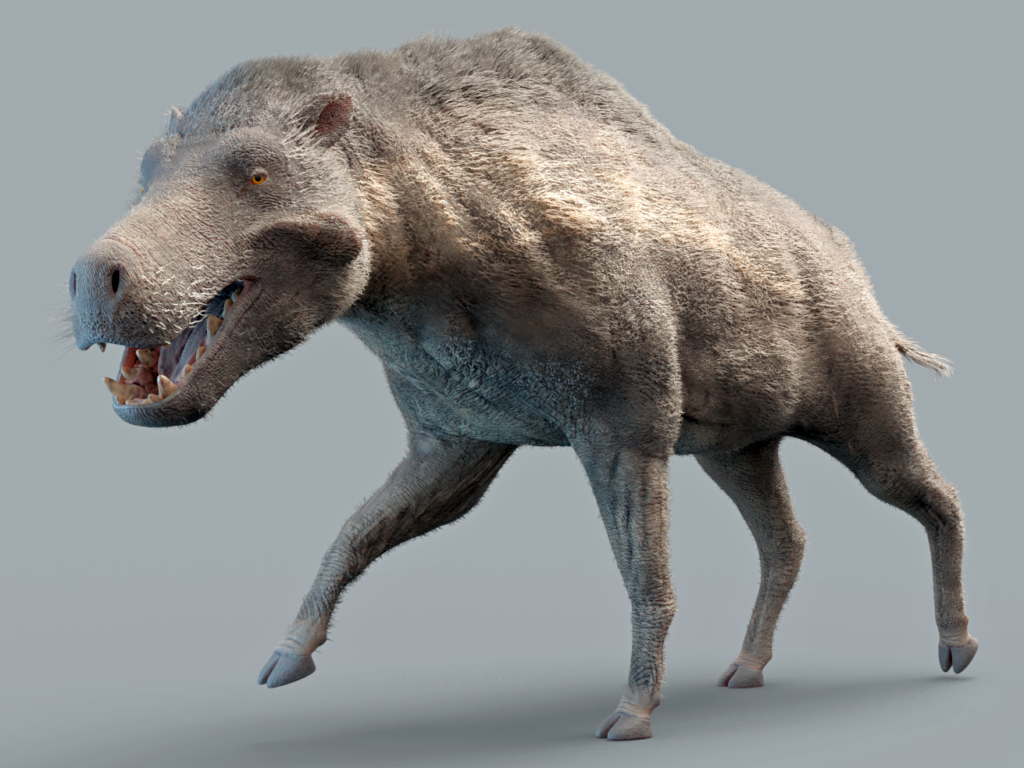Genome editing for heritable diseases not yet safe, report states
Powerful genome editing procedures that could prevent parents from passing on heritable diseases to their children are far from ready for clinical use, and must be proved safe and effective before nations permit them, leading scientists have warned.
遗传学的一些知名科学家警告说,强大的基因组编辑程序可以防止父母将遗传性疾病传给子女,但目前还远未准备好用于临床,必须在国家允许之前证明其安全有效。
In a major report on the procedure, an international commission said no human embryos that have had their DNA edited should be used to establish pregnancies until a substantial body of work shows genetic faults can be corrected precisely and reliably with no harmful consequences.
在有关该程序的一份主要报告中,一个国际委员会表示,在大量工作表明可以准确可靠地纠正遗传缺陷而没有有害后果之前,不得使用已对其DNA进行过编辑的人类胚胎进行受孕。
Even once these considerable hurdles have been cleared, countries should initially only consider allowing human embryo editing to prevent serious, life-shortening diseases caused by flaws in single genes, the report states.
报告指出,即使消除了这些相当大的障碍,各国最初也应该只考虑允许因治疗由单个基因缺陷引起的严重缩短生命的疾病而编辑人类胚胎。
“It came out very clearly that the science is not ready for clinical application, in fact far from it,” Richard Lifton, the president of Rockefeller University in New York and co-chair of the commission, told the Guardian. “There are many gaps that need to be addressed before we believe it would be reasonable to go forward with any clinical effort.”
纽约洛克菲勒大学校长、该委员会联合主席理查德·利夫顿告诉《卫报》:“很明显,这项技术还没有做好临床应用的准备,事实上还远远没有。”,“在我们相信继续进行任何临床工作是合理的之前,还有许多问题需要解决。”
Read more at The Guardian
翻译:Starset Mirror翻译组
审核:Starset Mirror翻译组



